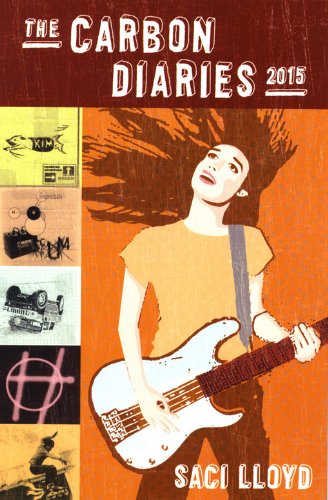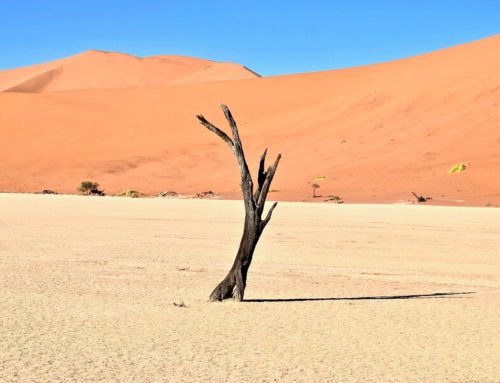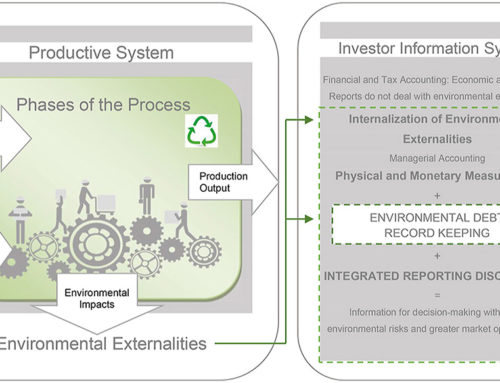First published in the Huffington Post, October 8th, 2013
I just finished reading a fantastic novel, The Carbon Diaries, by Saci Lloyd (2010). It has tons of music and sex, so of course it’s riveting, but its main theme is climate change. It is the imagined diary of a 16-year-old London girl living through the carbon rationing following the Great Storm of 2015. The U.K. is the first to have this rationing as there is finally an understanding that a radical decrease in greenhouse gas emissions is URGENT. The rest of Europe and the world are watching intently as the U.K. goes through its paces and eventually moves to water rationing as well.
I was reading the book during the actual Great Floods of 2013 in Colorado and Mexico. In fact, had I read this book anytime during 2013, I would have had the backdrop of millennia-old glaciers spewing water from beneath their surfaces, droughts followed by floods followed by droughts, all at levels not seen in hundreds of years (or ever). These 2013 weather events will cost hundreds of billions of dollars now and in the future for public agencies, private businesses and individuals. This money increases our debt and limits our financial ability to protect national parks, natural resources, cultural treasures and education. And screws all of today’s kids.
The many cool 16-year-olds that I know are noticeably into two areas — music and farming. These city kids are embracing organic farming with a gusto and rigor that is inspiring. Oddly, many proclaim that their actions are more personal than political, though often as they come of age, politics creeps into the agenda. This new approach to governing and growing one’s own food repudiates the current status quo and is inherently revolutionary. I’m in. Agricultural subsidies like those in March 2013 Farm Bill, including what is commonly called the Monsanto Protection Act, are receiving attention from this new food movement, and the rest of policy is in desperate need of their youthful fervor.
One organization that is dedicated to unleashing the power of youth on the radical recreation of our energy policies is PowerShift. This amazing group of young people campaigns as the hub for the youth climate movement with the aim to create political power. In the United States, where our Congress is actually debating a ransom to release funds for alleviating the debt ceiling problem, political action feels hopeless right now. Even in Congress, though, there is something called the Future Caucus where the youngest representatives (born in the 1980s) are actually committed to working together across the aisle.
But of all places, there is a big window open in the international arena where youthful energy could invigorate a stiff and rusty process. United Nations Framework on Climate Change has a 2015 deadline to enact a global treaty to lower carbon emissions. No joke. The United Nations is important and a global carbon treaty is the only thing that would connect food, water, energy, the environment and economic development. The U.N. saved the world when its 1989 Montreal Protocol banned refrigerant chemicals, CFCs, which were causing a hole in the ozone. It did this while the chemical industry denied the truth about CFC’s dangers and proclaimed that eliminating them would destroy the world’s economy. Obviously, the world’s economic systems are still functioning (mostly) — unfortunately to the great detriment of the world’s ecosystems. And the United Nations has a crucial role to play again. The Montreal Protocol only came to fruition because fervent youth demonstrated around the world, led by organizations such as Greenpeace in concert with some very brave politicians.
Saci Lloyd’s 16-year-old heroine spends some of her carbon rationing on electricity to run her band’s sound system. Good choice! As the book points out so beautifully, only if we make more conscious choices today will we avoid the specter of future rationing. Believe it or not, the United Nations is a vehicle to level the playing field for businesses and to create incentives for saving ourselves from our own greed.
What choices await your 16-year-old?





